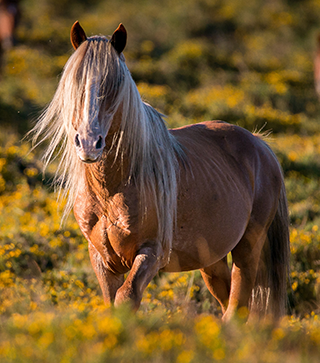BREATHING PROBLEMS
Respiratory conditions, commonly known as Breathing Problems, in horses may be chronic or acute and are usually environmentally based.
Allergies to dust, mold, mites, or other airborne particles are fairly common. Hay and straw are the most common sources of these particles. There are a variety of risk factors that can contribute to respiratory health problems in horses.
Pollution, over crowded paddocks, poor facility management, seasonal changes and overall health of the horse can all contribute to a horse’s ability to breathe efficiently. The causes can be infectious, allergic, an irritant, or other causes such as:
- Anatomical dysfunction (e.g. upper airway obstruction)
- Lung bleeding during exercise (exercise-induced pulmonary haemorrhage, EIPH)
- Reactions to medications or treatments
- Pulmonary embolism or thrombosis (air bubbles and blood clots that trap in the lungs)
- Facility management (effects of the lack of hygiene and cleaning regimes in horse facilities)
- Diet and nutrition (quality of feed and hay as well as state of water source)
- Age and current health status
The suggested products contain anti-bacterial agents in the specific formulations to address phlegm buildup, clear mucus, help to relieve bronchospasms and coughs to aid breathing and allergy symptoms.
Here are some strategies to help with Breathing Problems and other Respiratory Issues:
- Start with Equine Lung Flush® 30 days prior to allergy season to gently cleanse/support the lungs.
- Equine Lung Flush® can be given with Airwaves™, Herba Coff™ or Respi-Free™ for added detoxification support to help relieve respiratory related symptoms.
- Airwaves™, or Respi-Free™ can safely be used daily for more chronic respiratory conditions such as allergies and heaves.
- Supplements can be given preventatively and in acute or long term situations.
- Using a dosing syringe (orally) will give quicker results.
- Give supplements 2-3 hours away from medications.
Email me and tell me what's going on. I'll tell you some other things you may want to do to support your horses -things like other pain, inflammation, and breathing strategies, and the DIY acupressure points that can help your horse to feel better.









